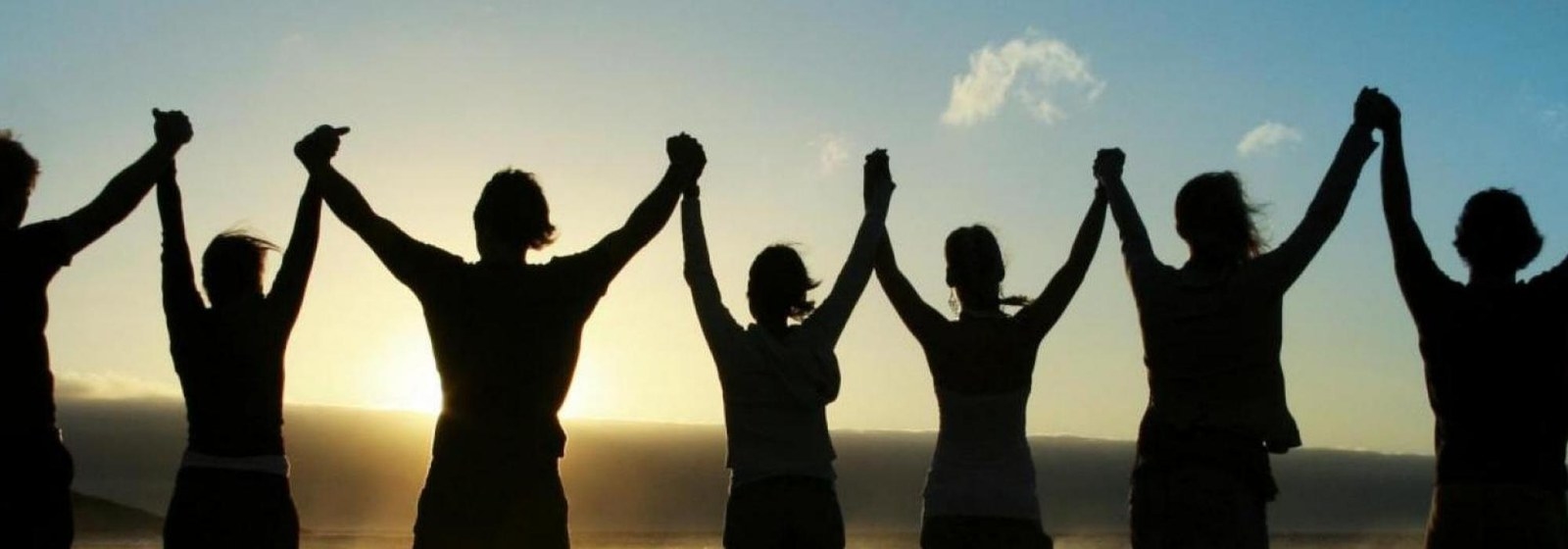Religious freedom in the United States can be defined as the support of a person's right to choose their own religion/beliefs, the actual practice of that religion though is where problems can occur. In the article "Believing in Religious Freedom" by Elizabeth Shakman Hurd she states "Religious freedom advocacy is often described as supporting a right to choose one's "religion or belief." Although religious practice is also considered, belief is understood to be the central and defining feature of religiosity. The implication is that there can be no religion. Religious freedom advocacy also seeks to protect the right to choose one's religious belief or non belief. Choice is taken to be a defining feature of freedom." (pg. 45-46).

She essentially means that in the US your religion is protected as far as belief goes. You are free to believe what you want but taking action on your beliefs can cause some issues. There have been issues in the past where the supreme court allowed some actions as apart of that group's religious freedom while condemning other religious actions. Alot of the time the way the government acts towards a certain religion depends on whether or not it is a minority religion
In "The impossibility of religious freedom" Winnifred Fallers Sullivan gave another definition for religious freedom. "Human history supports the idea that religion, small 'r' Religion, is a nearly ubiquitous and perhaps necessary part of human culture. Big 'R' Religion, on the other hand, the Religion that is protected in constitutions and human rights law under liberal political theory, is not.Big “R” Religion is a modern invention, an invention designed to separate good religion from bad religion, orthodoxy from heresy—an invention whose legal and political use has arguably reached the end of its useful life."
Meaning that For the United States religious freedom is based on what the US government considers a religion. So if your a protestant evangelical your religious beliefs for the most part are protected because your religion fits the US government's Big 'R' idea of what religion is. But for minority religions full protection can be difficult at times.
For historical context of Religious freedom in the United States and some it's restrictions let's look at the Mormons first. In the territory that would later became the state of Utah there were A lot of Mormons.
Mormons in the mid to late 19th century practiced polygamy, which is illegal in the United States. One argument that The Church of latter day saints used was that the constitution provided them with religious freedom. While those who opposed polygamy cited the need to adhere to a strong central government. Eventually the anti-polygamist won and the government made federal laws that outlawed polygamy in a supreme court case named (Reynolds v US).

Reynolds vs US was a display of federal law over religion.It also promoted the idea that religious freedom is the freedom to have any belief you want but PRACTICING certain beliefs can come into conflict with the law.
Here we see politics come directly into contact with religion and we learned that in the US they are almost inseparable. This is of major significance because such an important aspect to our country and it's relationship too religion came at the cost of a minority religion. We will see this trend continue well over a century later with Native Americans.
In 1990 the supreme court decided that Two Native Americans did not qualify for unemployment benefits after being fired for having peyote in their system. Alfred Leo Smith and Galen Black had used Peyote in a Native Religious ceremony. They believed that they were treated unfairly and their usage of peyote was apart of their Religious Freedom. The Court disagreed citing the Reynolds v US decision as the reason.
For many Natives this court decision was just another example of US policies stifling and undermining Native American religions. Here we see how Race,religion, and politics directly intersect. Because native Americans face oppression due to their race and this oppression can manifest itself in religiously discriminatory laws from the US government.
Which brings us to the third and final historical example of the complicated definition of Religious Freedom in the United States. The RFRA..
The Religious Freedom Restoration Act, "prohibits the 'Government [from] substantially burden[ing] a person’s exercise of religion even if the burden results from a rule of general applicability"
The RFRA was inspired by rulings such as Employment V Davis. The purpose of the act was to make sure the Us government didn't restrict certain religions too much unless it absolutely had to. In regards to Race, Religion, and politics; the intention of this act were to make sure minority (small 'r' Religions) received fair treatment.
The definition of Religious Freedom is flexible and this is very important for the study of Race,Religion, and Politics.
The American ideal of Religious Freedom can change based on who is practicing what religion, like Native Americans for example. Another example of this would be the black church in the United States and its treatment over centuries.
Recently a white supremacist killed 9 black Churchgoers in cold blood while they were in prayer meeting. Author Matthew J Cressler points out that this is one act in a long history of gross violence against mostly black churches, in his article "Why White terrorists Attack black Churches". Essentially black churches represent black strength and unity and white supremacy in the US wants to destroy that. For the longest time these terror attacks would go without federal or state investigation therefore it was an attack on black religious freedom.
As stated earlier Religious Freedom in the United calls into question what religion really is. With this we even begin to discuss how religion plays a role in certain power structures. This is in reference to readings like James H. Cone's "God is Black". Where he analyzes the idea that God is on the side of the power structure. Instead he basically argues that the white church symbolizes the power structure and that God specifically sides with the less fortunate and oppressed therefore he's black.
The idea of Religious Freedom is important in regards to American religion because it is apart of the United States' "City upon a hill" ideal. Kennedy along with the founders and early colonizers believed the US would eventually become a utopia in almost every way possible. So Religious Freedom for all is apart of this ideal.


